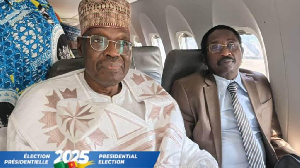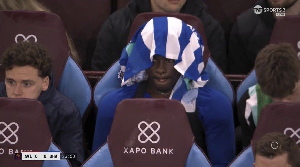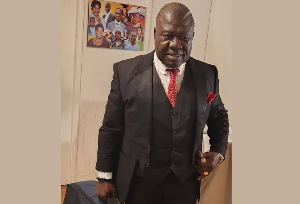Anglophones are now more than ever before shouting from rooftops about their second-class citizenship status politely referred to as “marginalization” in a country they are indigenes.
The grumbling about the problem which had over the years been abandoned to the Southern Cameroons National Council, SCNC, is getting to a crescendo with invigorated voices coming from, Anglophone lawyers, South West Chiefs, higher institution teachers of the University of Buea, North West and South West parliamentarians and senators, South West Elite Association, Christian Cardinal Tumi, just to name a few.
The chiefs in particular, have outlined the problem which in a nutshell include the neglect to provide adequate infrastructure in both North West and South West regions which do not only have the least length of tarred roads, but have had the once buoyant Limbe deep seaport abandoned while that of Kribi is developed and Douala river port draining billons in dredging.
In terms of public appointments, Anglophones who by the controversial, unwritten Foumban constitutional negotiations are expected to be the second highest personality in the country, if not the first, have been dumped on the fourth position coming after the head of state, senate president and speaker of the national assembly.
As if that is not enough, no Anglophone is trusted to have ever held key ministerial positions like territorial administration, finance or defence despite their impressive credentials.
In terms of bilingualism, English language which is constitutionally equal to French as official languages is also being minimized even to a point a Francophone judge had the effrontery to declare that only French should be used in courts in the North West region. But for open protest from the Cameroon Bar Association, the judge would have had his way.
The all Anglophone lawyers in joining the struggle for a judicious system want the Anglo-Saxon legal system to be practised in the North West and South West while the French public law model should be effective in the Francophone territories. Both lawyers, traditional rulers and other Anglophone personalities hankering for equality have, unlike the SCNC hawks who want the “restoration of the independence of Southern Cameroons”, advocated a return of two-state federation as a solution.
The lawyers gave the Biya regime an ultimatum of six months which has expired. Yet Biya and his bloated government have remained indifferent What is left to be seen is whether the lawyers will bite after that menacing barking. They said local or international litigation will be taken against the government if their ultimatum was pushed under the carpet.
It will not be the first time if the Yaounde regime will face litigation over the problem. The SCNC and SCAPO are on record to have dragged the regime to the African Commission in Banjul. Ironically the regime took some four Anglophone traitors led by Theodore Leke the SCNC third in command to claim that it was in negotiation with the group.
The commission was unimpressed and ruled that the Yaounde government should engage in dialogue within six months but its ruling fell on deaf ears. If the lawyers have to go to court as they vowed, they will most likely not go to the commission which ruled that it lacked jurisdiction to proclaim Southern Cameroons independent. But as the government argued in Banjul, it remains committed to the OAU resolution that African countries should maintain their boundaries as at independence.
The question then is, was West Cameroon part of La Republique du Cameroun when it had its independence on January 1, 1960? The answer, of course, is in the negative and that is why President Biya should be patriotic, nationalistic and prime promoter of “national unity and integration” not to continue to ignore the yearnings of Anglophone at a time even his own lackeys have joined the chorus lamenting about marginalisation.
Opinions of Friday, 29 January 2016
Auteur: cameroon-concord.com














